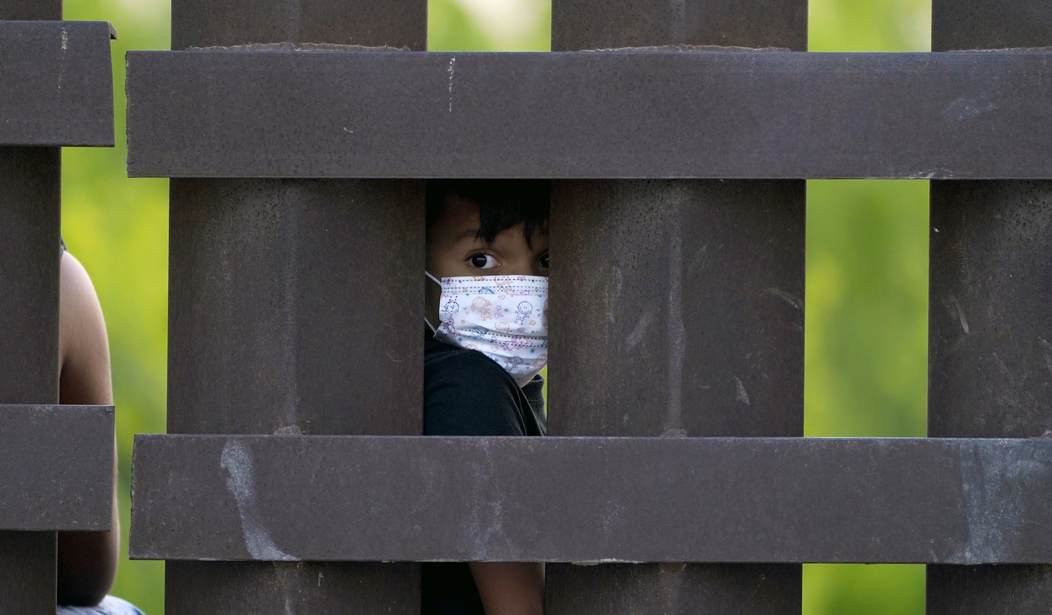The numbers are staggering: According to the Office of Refugee Resettlement, more than 350,000 unaccompanied migrant children have been released to sponsors across America since 2021 - that's 107,686 children in 2021, 128,686 in 2022, and 121,661 in 2023. These aren't just statistics – they represent real children in our neighborhoods, our schools, and our communities. While we anticipate the restoration of strong federal oversight in 2025, even if the Trump administration takes immediate action on day one, hundreds of thousands of vulnerable children already in our communities need help now. We cannot wait for federal solutions while children remain at risk today.
I testified before Florida's 2023 Statewide Grand Jury investigation, which revealed a troubling reality. Children as young as 6, 7, and 8 years old are being placed in communities through a federal system that often loses track of them. This isn't a border state issue – it's happening in every state across America. What I witnessed during those proceedings should shock every state into immediate action.
If you live in these communities, you have the right – and responsibility – to ask your state representatives the hard questions:
- How many of these 350,000 children were placed in your state?
- Where are they living?
- Are they attending school?
- Is anyone checking on their welfare?
- How many have lost contact with authorities?
- What is our state doing to protect these children?
- Why aren't we investigating like Florida did?
Demand answers from your governors, state legislators, and attorneys general – regardless of their party affiliation. Child safety transcends political divisions. Whether your state leadership is Republican or Democratic, at the local or state level, these children need advocates now. These aren't just policy questions – they're about vulnerable children living in your community right now.
Even after the Trump administration takes office, it will require months to implement comprehensive procedures to locate and rescue lost children. More importantly, there are vulnerable children in our communities right now who need immediate protection. We cannot wait for federal solutions while these children remain at risk. During this critical transition period, states have both the responsibility and capability to act – and this responsibility knows no party lines. From city councils to state legislatures, from local law enforcement to state attorneys general, every level of government must be engaged in this effort. The current federal placement system's inadequate oversight and insufficient follow-up demand immediate state-level action. This isn't about immigration policy – it's about protecting children who are already here. No state would accept this level of oversight for U.S.-born children in their child protection system. Why should we accept it for any child? Whether you're in a red state or a blue state, these children need protection now.
Recommended
States already possess both the authority and the necessary tools to take meaningful action – they simply need to deploy them. Every state has investigative powers to examine sponsor placements, ensuring that children are placed in safe, supportive environments. Through modern data systems and coordination between agencies, states can implement robust tracking mechanisms to prevent children from falling through the cracks of bureaucracy.
Local law enforcement agencies stand ready to help, but they need the mandate and resources to act. By strengthening coordination between state and local authorities, we can create a safety net that catches vulnerable children before they disappear. States can enhance their anti-trafficking measures, giving prosecutors the tools they need to pursue those who would exploit these children while providing protection for the victims.
Our school systems are often the first line of defense in child protection. By engaging educators and attendance monitors, states can quickly identify when placed children stop showing up to class – a critical early warning sign that something may be wrong. States already have sophisticated child services infrastructure in place for U.S.-born children – these same protective systems can and should be extended to all vulnerable children in our communities.
These aren't theoretical capabilities – they're existing resources that states can mobilize immediately. From social workers to school administrators, from local police to state investigators, the infrastructure to protect these children already exists. What's needed now is the political will to activate these resources and the commitment to use them effectively.
The crisis demands bipartisan action at the state level during this critical interim period. Whether you view this through the lens of child welfare, public safety, or basic human dignity, the conclusion is the same: states must step up. We cannot allow bureaucratic gaps at the federal level to put children at risk in our own communities.
This isn't about choosing sides in the immigration debate. It's about fulfilling our most basic obligation as a society – protecting vulnerable children. Even with the promise of restored federal oversight, we have a moral imperative to act now. There are children in our communities today who need help – children who can't afford to wait for federal solutions. As a resident of your state, you have the power to demand action. Call your representatives. Ask the hard questions. Hold them accountable.
Our communities, our children, and our conscience demand nothing less than immediate state action.
























Join the conversation as a VIP Member